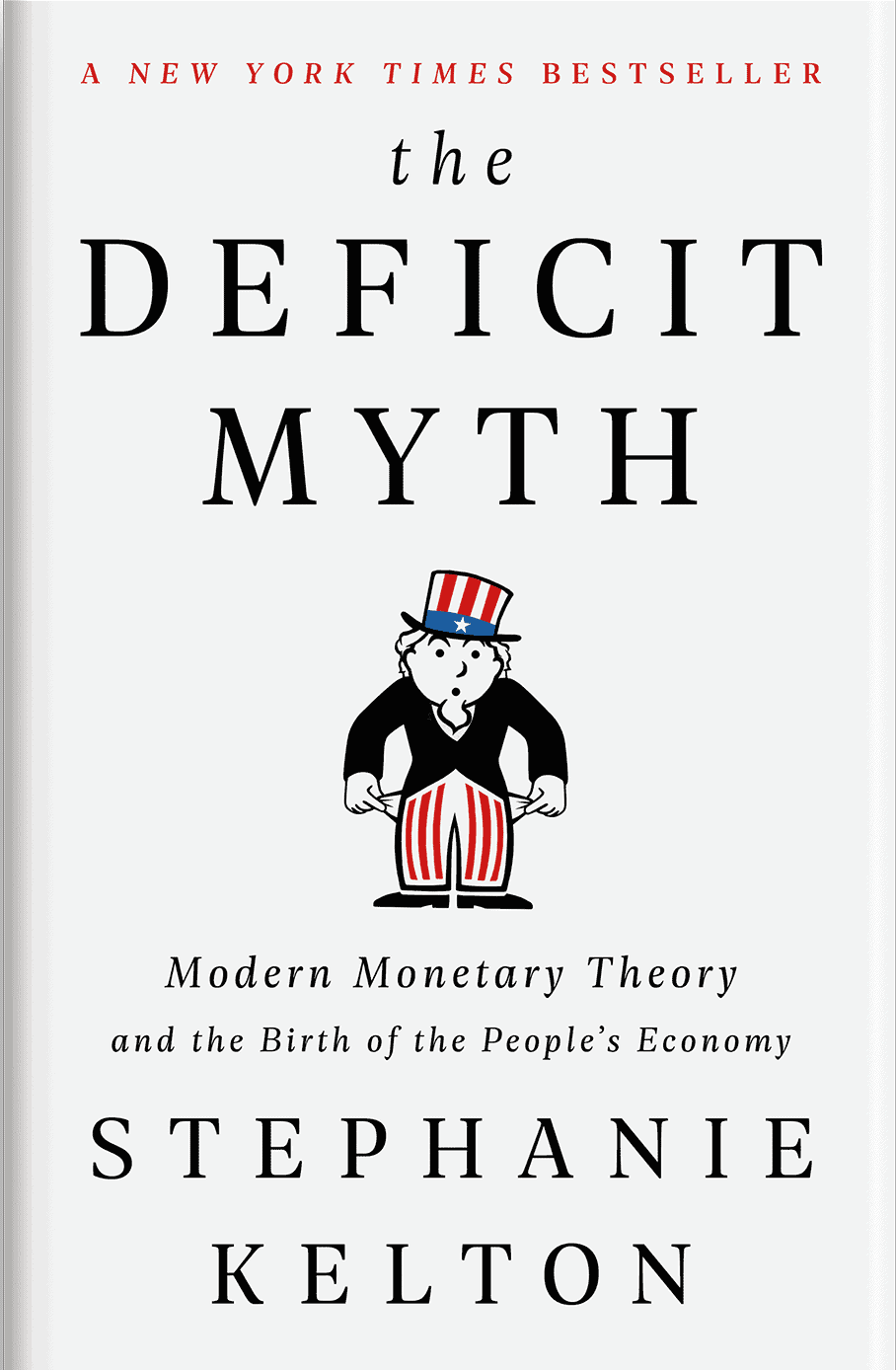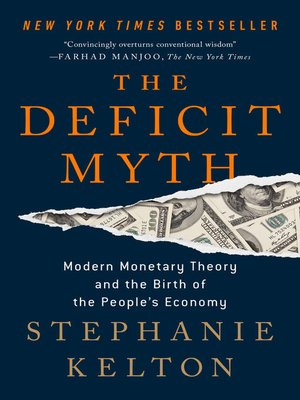

I’m sure many of you be familiar with it. Who’s written this book called the deficit myth. What I wanted to explore was the work of Stephanie Kelton. But I really felt that I should understand it. To be highly critical of it, especially if you’re more of a classical economics perspective, a libertarian perspective, it’s so easy to, you know, to chant in the fed and to critique them in tea. Obviously you’ve heard about it if you’ve come to this video. Today is a really big thing at the moment. So MMT, modern monetary theory, or as Jim Rogers likes to call it more money. I think my background was originally in teaching years ago and I enjoy teaching and I think one of the best ways that I learn.

So I hope I can have your patience as I work through this. So if you’re watching this, there’s a very good chance that, you know, Far more about economics than I do. And then I’ve been on a journey since that time. So during the lockdown, I was doing a lot of training and I was on my train of bike, watching some YouTube stuff.Īnd I ended up somehow down the precious metals rabbit hole, which led to me thinking about economics in general. Uh, the life that I had, the business that I had, uh, was severely impacted of course, by many of the things that have played out in recent time. So, uh, since COVID, and since what I firmly believe is some very significant government overreach. And so most of what I learned was straight over the top. I won’t name names, but, uh, in high school, I had a real love for the subject of economics, but I think my teacher was kind of really looking forward to retirement. I like to joke that I had the world’s worst economics teacher back in the 11th grade. I came into this whole area very, very late in life. Uh, I guess in that context, I should give you some backstory. I really hope it’s going to be useful for you.

Thanks so much for taking a moment to check out this short video. Well, Hey everybody, Jonathan Doyle with you here.


 0 kommentar(er)
0 kommentar(er)
